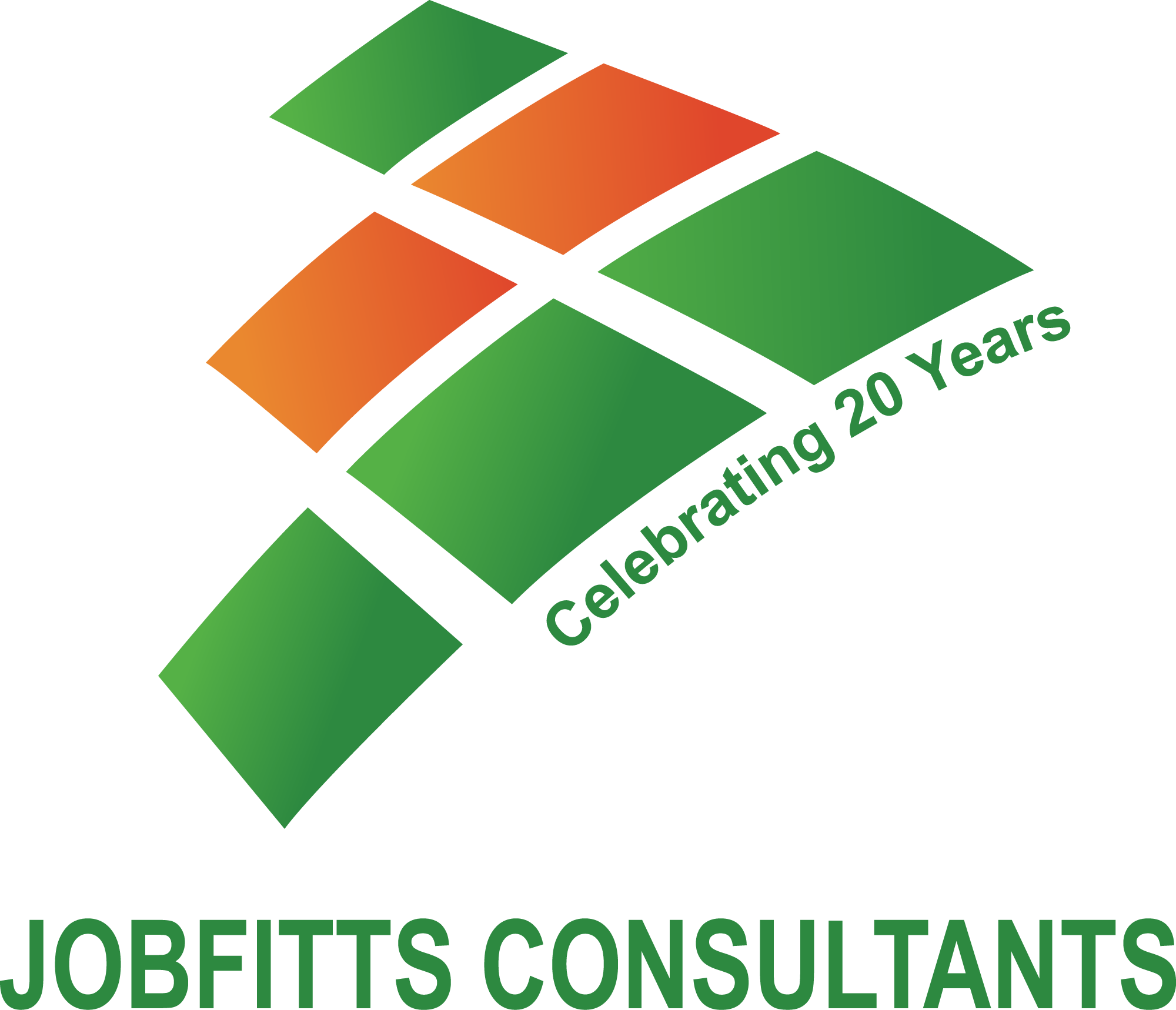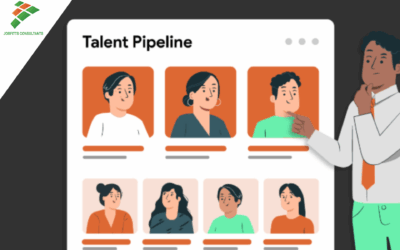In a world of constant change, experience is no longer the gold standard Potential is. As organisations face mounting pressure to adapt, compete and innovate, hiring practices must evolve. Traditional recruitment processes often favour candidates with tenure and familiar career paths. But in today’s volatile and fast-moving environment, that approach could be holding your business back.
What employers need to understand is this: experience does not predict a new hire’s success. Smart companies are shifting their lens. They’re choosing to hire for potential, not just experience and the results speak for themselves.
The Hidden Risks of Overvaluing Experience
Experience offers value. It can reduce onboarding time and bring contextual knowledge to a role. But it also carries risks.
A Harvard Business Review study revealed that overemphasising prior experience can lead to overconfidence, stagnation and lower adaptability in fast-changing environments. In contrast, less experienced but high-potential candidates often outperform expectations, especially when given the right environment to grow.
Sticking to the “safe bet” candidate may inadvertently shut the door on innovation, agility and long-term talent development.
Why Potential Now Outweighs Experience
1. Adaptability Is the New Competitive Advantage
The World Economic Forum predicts that by 2027, 44% of workers’ core skills will change due to emerging technologies and automation. The most valuable employees will be those who can learn, adapt and grow.
Hiring for potential means recruiting individuals with the flexibility and curiosity to evolve alongside your organisation.
2. Growth Mindset Drives Innovation
High-potential hires tend to embrace challenges and seek feedback. They’re not wedded to “how things have always been done.” This mindset leads to experimentation, continuous improvement and breakthrough thinking qualities that static experience alone cannot guarantee.
Stanford psychologist Carol Dweck’s research confirms that individuals with a growth mindset are more resilient, motivated and likely to succeed in unfamiliar or evolving roles.
3. Diversity of Thought Fosters Better Decisions
When companies hire based solely on conventional experience, they often build teams that think the same way. By hiring for potential, you open your doors to non-traditional candidates those who bring different industries, life experiences, and perspectives into your organisation.
This diversity of thought is proven to drive better business outcomes. According to McKinsey’s landmark study, diverse teams are 35% more likely to outperform their peers.
4. Retention Improves When You Grow Your Own Talent
Investing in potential pays off. Gallup data shows that employees who feel they’re growing in their role are more than twice as likely to stay with their company. When you hire someone for what they can become not just what they already are you create loyalty, engagement and internal leadership pipelines.
What to Look for Instead of Just Experience
You’re not throwing out qualifications you’re broadening your criteria.
Key traits that signal high potential include:
- Curiosity and willingness to learn
- Emotional intelligence and collaborative mindset
- Ability to solve new problems creatively
- Coachability and openness to feedback
- Resilience in the face of ambiguity or failure
These are not “soft skills.” They are critical success factors.
Shifting Your Hiring Approach: Practical Strategies
If you’re ready to hire differently, here’s where to begin:
Rethink Job Descriptions
Focus on outcomes, learning ability and traits not a rigid list of past experiences. Highlight opportunities for growth, not just responsibilities.
Ask Better Interview Questions
Move beyond resume reviews. Use behavioural and situational questions to test adaptability, learning agility and problem-solving.
Example: “Tell me about a time you had to solve a problem in a situation you had never encountered before. How did you approach it?”
Use Work Samples or Job Auditions
Instead of relying on past titles, offer real-world tasks that reflect the role’s challenges. This gives insight into how a candidate thinks and works.
Prioritise Culture Add Over Culture Fit
Avoid hiring people who only mirror your current team. Look for those who complement and enhance your team’s dynamic.

Real-World Examples of Hiring for Potential
These companies understand that potential is the strongest predictor of long-term success:
- Shopify hires for life experience and cognitive ability, not credentials.
- Atlassian values culture add and growth potential over conventional career paths.
- EY removed degree requirements and now assesses strength and potential to create a more inclusive, forward-focused hiring model.
At JobFitts, We Help You Spot Potential
For over two decades, JobFitts Consultants has supported businesses across industries in hiring not just who is available now but who will lead in the future. We’re not about volume hires. We’re about values-aligned, high-impact placements that last.
If you’re looking to:
- Build a workforce that’s ready for what’s next
- Drive new ideas and accelerate innovation
- Strengthen your team with adaptable, impact-driven talent
The Best Hires are not Always the Most Experienced
Experience has long been the benchmark in hiring, but it’s no longer the only factor that matters. In this edition, we look at why many organisations are now placing greater value on potential. From adaptability and curiosity to a willingness to learn, these traits often signal a candidate’s ability to grow and succeed over time. We explore the shift from hiring solely on experience to identifying high-potential talent that brings fresh energy and long-term value to your team.











Share This
Share this post with your friends!